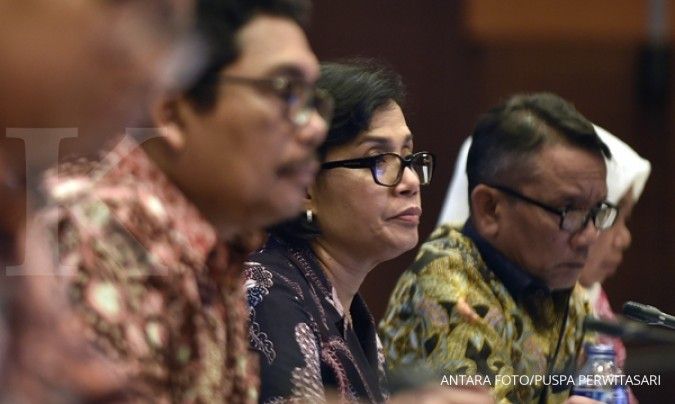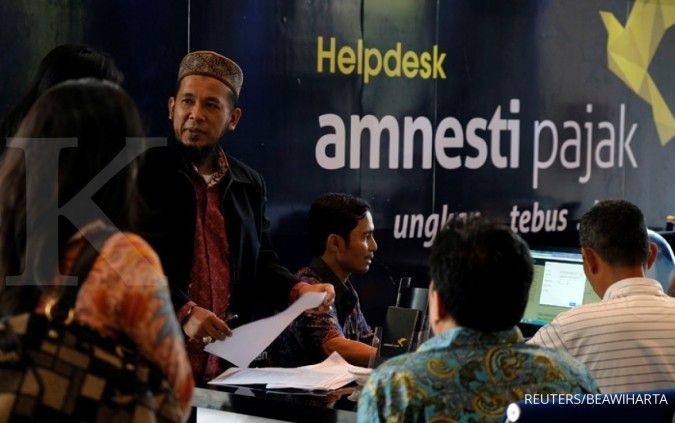JAKARTA.. Aside of small and medium enterprises, tax authority is pursuing professionals, as well as civil servants at central and regional levels to participate in the second and third phases of tax amnesty.
The lack of awareness to join the second phase of tax amnesty has driven tax authority to launch new strategies to attract taxpayers, including by targeting civil servants and the officials of state owned enterprises (SOEs).
Minister of Finance Sri Mulyani even has obliged civil servants and government officials at level III above to join tax amnesty. Their participations are expected to encourage public confidence to declare their assets.
Data from Central Statistic Agency (BPS) show that the number of civil servants at level III above is 3.32 million in 2014. At a certain level, this number reflects large potential of tax amnesty participants.
Furthermore, Director of Counseling, Services, and Public Relations at Directorate General of Taxation Hestu Yoga Saksama said, tax authority found that some civil servants’ have other income sources, aside of monthly salary. “This part is the target for tax amnesty participants”, he said.
For an example, Hestu added, a civil servant, who is a lecture at university, usually receives additional incomes from seminars or other academic activities, aside of regular salary. Another example, some civil servant doctors at community health center (Puskesmas) or public hospital also have private-practice or pharmacy at their residents hence they obtain additional incomes, aside of salary.
At a certain level, the involvement of civil servants and public officials in the tax amnesty program is a moral hazard to clarify their non-salary incomes. “Most of them only declared their salaries on their annual notification letters”, Hestu said.
In this case, tax authority assumes huge potential taxpayers. The involvement of civil servants in tax amnesty program also becomes a moment for bureaucracy reform, since transparancy is one of the most important factors in the reform. “In the future, they have to be transparent on their income sources. As long as they have legal sources, that’s no problem”, Hestu said.
Tax consultant Almuden Situmorang said, to date some government officials have unclear income sources. “They did not declare the incomes on their annual notification letters”, he said.
However, the Director General of Taxatio Ken Dwijugiasteadi immediately countered the assumption. The involvement civil servants at level III above do not necessarily reflect the low compliance of the civil servants. “There is potential income, and tax amnesty is a right”, he said.
(MUHAMMAD FARID/Translator)
/2016/10/03/1113838711p.jpg)











